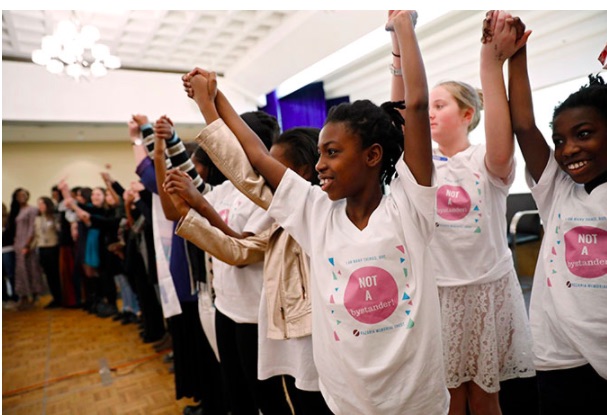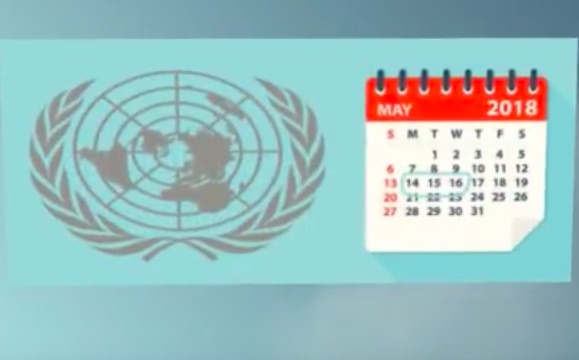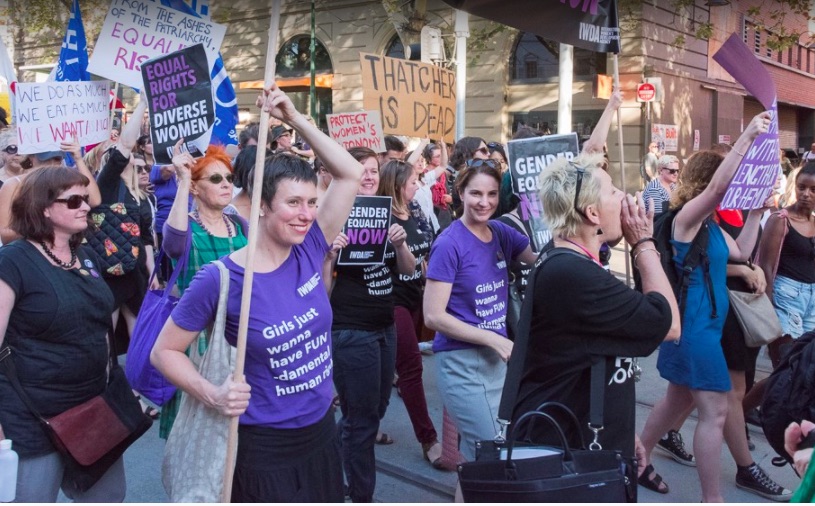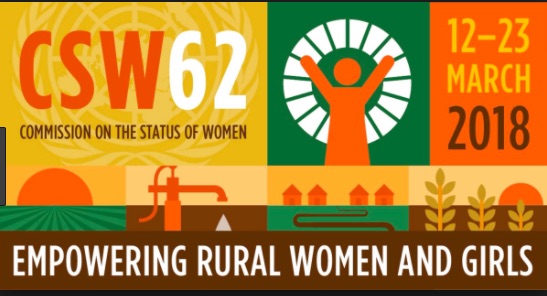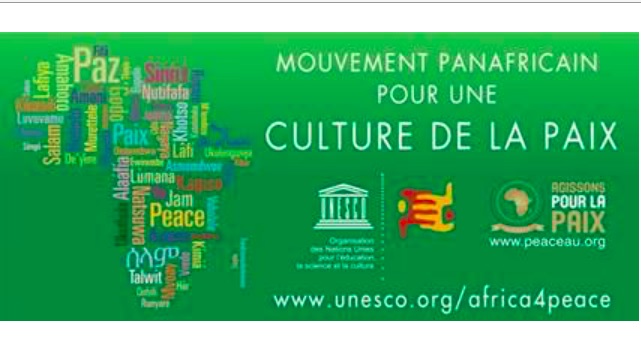. . WOMEN’S EQUALITY . .
A article from UN Women
The Commission on the Status of Women (CSW) is the UN’s largest annual gathering on gender equality and women’s rights. It brings together governments, women’s rights, gender experts and other actors to build consensus and commitment on policy actions to advance women’s rights.
More than 4,300 civil society representatives from 130 countries participated in the 62nd session of the Commission, which focused this year on rural women and girls. Why do they come and what do they take back with them from this UN meeting? Here are some of their voices and perspectives.
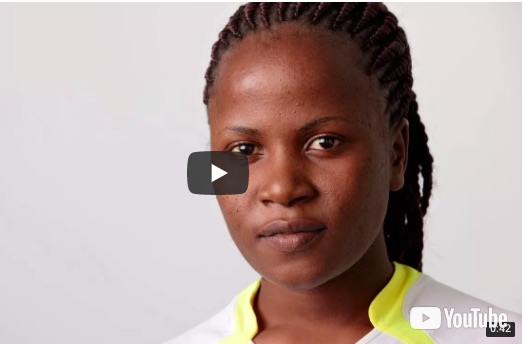
Video of Catherine Mbukwa
Catherine Mbukwa, Project Officer with the Centre for Youth Empowerment and Civic Education, Malawi
“I’m here to learn from others. Being here means [learning] new skills. Let’s say in Malawi, we are tackling child marriage, and our friends [in another country] are in the forefront of ending child marriages, what is it that they are doing in their country to promote and empower women?”

Alice Lesepen, representing the Rendille peoples of Marsabit County, Kenya
“I’m here to represent the rural women from the indigenous community of Rendille. [Coming] from a pastoral community, our livelihood depends entirely on the land. [Rural and indigenous women] need to know how we can rightfully use our land without any interference. When we talk about food security, women are the ones providing for their families. Without land, we cannot do anything…we cannot keep our animals…we would lose our identity.”

Otilia Lux de Cotí, Advisor to MADRE and part of UN Women’s Civil Society Advisory Group in Latin America and the Caribbean, Guatemala
“Socialization of the CSW agreed conclusions is very important. This is how women activists in their respective areas of specialties learn about the commitments that Member States have pledged to achieve. It allows them to hold governments accountable, and ask for those commitments to be transformed into social policies. We have to drive this change in order to really make a difference for rural women and girls.”

Marija Andjelkovic, Director and founder of the Serbian NGO, ASTRA-Anti trafficking action, Serbia, grantee of UN Trust Fund to End Violence against Women
“In our part of the world, the government listens more when there are recommendations from the UN, the EU, or the US State Department report on trafficking. For example, for years now, we have been advocating for compensation for victims of trafficking. Only two out of all identified victims (500 identified in Serbia) have received a decision of compensation in their favour. We have submitted a draft law on compensation for victims of violent crime, and included trafficking. Then, the Council of Europe and the CEDAW Committee adopted the recommendation for compensation for victims. That helped us. Now the government is working on a strategy for victims of crime and have said they will look into compensation as part of that. These recommendations, such as the CSW (agreed conclusions) give us tools to advocate with our own government. We produce shadow reports before CSW, and provide our own recommendations, and then we see if our recommendations are included.”
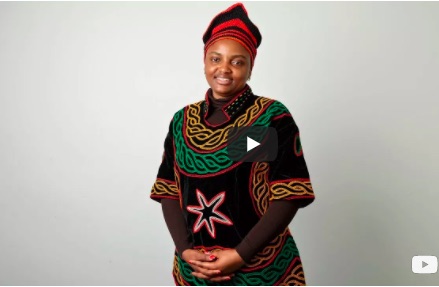
Zoneziwoh Mbondgulo, Rural women’s rights activist, Cameroon
“Among several challenges, one is access to credit. They are not talking about petite grants or microcredit, but macro credit…Rural women also want better sexual and reproductive health services, with better access to contraceptives and family planning products. Even basic education in these areas will help them.”
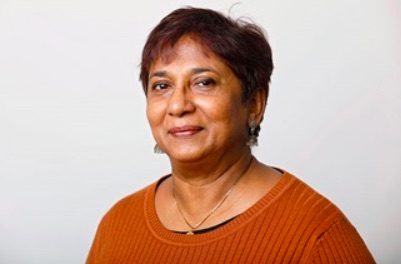
Sepali Kottegoda, Academic, activist and Technical Advisor on Women’s Economic Rights and Media, Sri Lanka
“Rural women want equal pay for the work they do. They also want more sharing of work within the house. There’s a lot of emotional rhetoric around women’s unpaid work—that they do this out of love for the family. But the reality is that women do much more unpaid work and have to also take part in paid work. The rural women from Sri Lanka also want land rights. The first preference is still given to men and the male child in terms of inheritance, and especially in government settlement schemes.”

Maria Leyesa (Daryl), Rural Women Coordinator for Philippine Peasant Institute and Convention Leader for the 1st National Rural Women Congress, Philippines
“They want their voices to be heard. They want their rights to be recognized as equally as men and boys have their rights recognized. To have control over their lives, land, water resources and their bodies, to have access to education and other services, to be protected against climate change and natural disasters, and to protect their countryside against rapid urbanization and encroachment by corporations.”
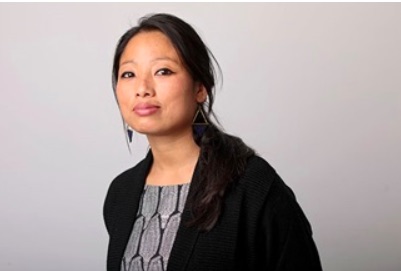
Wekoweu (Akole) Tsuhah, North East Network, Nagaland, India
“Women in rural communities want to be recognized for their contribution to food and nutrition security for their families and the nation. Everyone does farming in my community, but women don’t have the status of “farmers” because they don’t own land and resources. They want a platform where they can be heard. They want access to technology that can alleviate the drudgery of their work and support for small-scale, sustainable, climate-resilient agriculture.”
(Article continued in the right column)
Do women have a special role to play in the peace movement?
(Article continued from the left column)
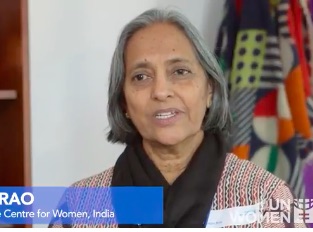
Rukmini Rao, Founder of Gramya Resource Centre for Women, India
“Rural women have the knowledge to change the world, but most of the work they do is unseen and unpaid. One of our demands at Gramya Resource Centre for Women is that women should have land titles in their names. So, we are pressing the government to recognize that women are farmers and to give them access to markets, economic goods, and all the other things that they need as farmers. Widows are particularly vulnerable to sexual violence. And when she is non-literate, she doesn’t even know where to access any government scheme. A widow is considered to be a bad omen. We ask widows not to follow all the customary practices…We find that by organizing women, many issues can be addressed.”
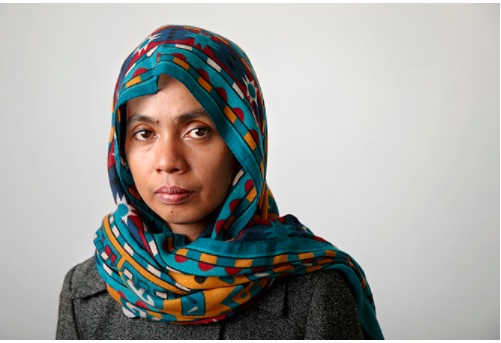
Helda Khasmy, Chair of SERUNI, Indonesia
“Most members of SERUNI are in rural areas, and one of their biggest challenges is access to land and ownership of land. There’s a monopoly of land ownership by big corporations in Indonesia. Women don’t inherit land as equals to men, but now their men too have very little or no land. This makes women even poorer. They go on to become low-wage workers in the palm oil, sugar or tobacco plantations, where they often work in poor conditions, for low wages, and are exposed to harmful pesticides that affect their health. When women menstruate, they can ask for holiday, but the plantation officials ask them to take off their pants to prove that they are menstruating.”
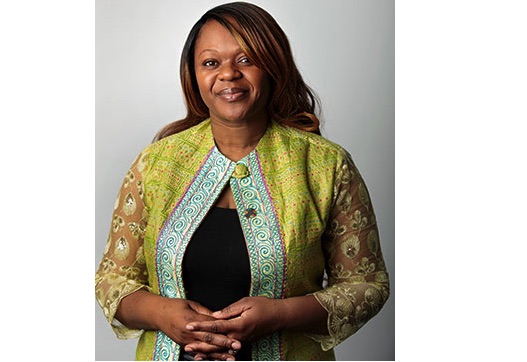
Mireille Tushiminina, Shalupe Foundation, the Democratic Republic of Congo
“If you ask the Congolese people, what is peace for them, they will tell you that they want to live in a peaceful environment, where they can live in any neighbourhood, and not be afraid to walk to school or fetch water. Gender-based violence is not only happening in eastern Congo, it’s a disease that has spread to every corner of DRC. Mothers and fathers have watched their girls being raped at gun point. How can a girl grow up to push the African vision of progress and development, the African Agenda 2063, if all she learns today is to become a seamstress? We need to invest in girls’ empowerment in the Democratic Republic of Congo.”
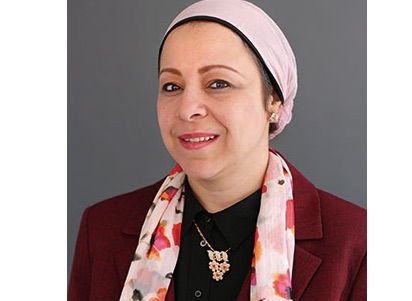
Nehad Abo El-Komsan, Lawyer, Co-founder and Chairwoman of the Egyptian Center for Women’s Rights, Egypt
“In the recent years, there have been many positive developments in Egypt. Women’s rights were included in our constitution in 2014 and since then many legislations have been changed, especially in relation to violence against women. The Egyptian Center of Women’s Rights developed a national strategy for stopping violence against women. Sexual harassment, female genital mutilation and child marriage have been included in the law, with harsh penalties. Although these good developments have taken place, women still face challenges. Implementation of the law is a major challenge. It is very important to raise awareness of law enforcement authorities and [help them] understand it is not just a women’s issue, it is protection for the whole society.”
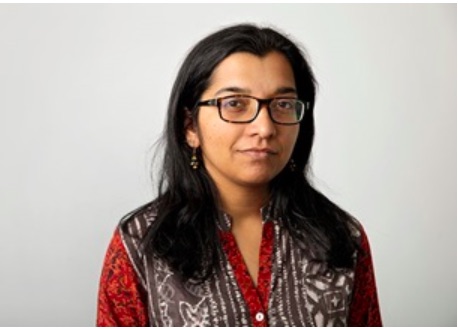
Nandini Chami, IT for Change, India
“Information and communication technologies are a vital part of the enabling technologies that women need for opening up various pathways to political and socio-economic empowerment. The most basic question we can start with is the question of access, because there is still a huge gender digital divide that needs to be bridged. We also know that there is a rural-urban divide. Rural women are less likely to be using the internet compared to let’s say urban educated and employed women. This intersectional divide is something we need to address. [In the meantime] governance is going digital by default. You need the internet for your basic services. Also, we have to think about the fact that many people don’t speak global languages such as English, and so how do you create context-appropriate content for women and girls?”
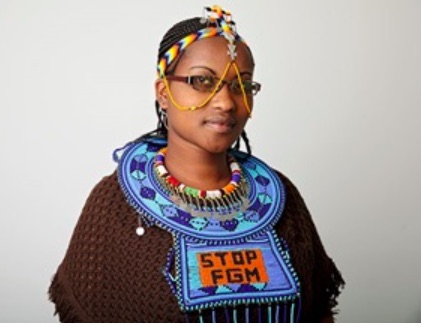
Purity Soinato Oiyie, Maasai girl and anti-FGM activist, Kenya
“I was only 10 or 11 years old, when my father decided to circumcise me. I talked to my class teacher and she informed the police chief. Just two hours before the cutting ceremony, the police came and took me away. Today, I work with World Vision and the Kenyan anti-FGM Board to help raise awareness among people in the villages. It’s difficult to convince people to stop FGM because it’s a cultural practice. I go to the schools and talk to the girls and the teachers, I talk to the Maasai people in our language…I tell them about the importance of education. What we need is free education for girls. The Maasai are pastoral people and many parents don’t have money to send their girls to school.”

Sohini Shoaib, Jan Jagran Shakti Sangathan, Bihar, India
“There are huge farmer uprisings that are happening [in India] and they are mostly people who don’t own land. Recently there were some 40-50,000 peasants who went on a long march to Mumbai, the capital city. They walked there to ask for their rights and highlight the farmers plight and ask for climate justice. I come from the Kosi flood basins in Bihar, and every year there are massive floods in the area, on a scale that hasn’t been seen before. In most cases, floods are triggered by or escalated by manmade reasons; one of the factors is climate change. This has made the communities very vulnerable, so every year they have to start from scratch. Women are rising up, and not just women, all these people who feel they have been silenced. For so many years farmer suicides have been going on…Then there’s large scale displacement because of the huge dams that are being built and the land being taken over, GMOS being introduced, leading to a lot of changes in the environment, which has affected farming. I pushed for our friends who are actually from rural communities to be able to participate [in CSW]. But there were so many issues, from language barriers to visa procedures. And so who gets to come? I do. That’s not fair, but hopefully things will change.”
Note: All photos by UN Women/Ryan Brown
